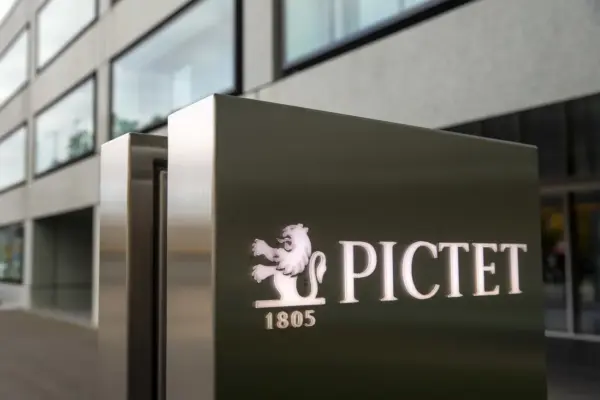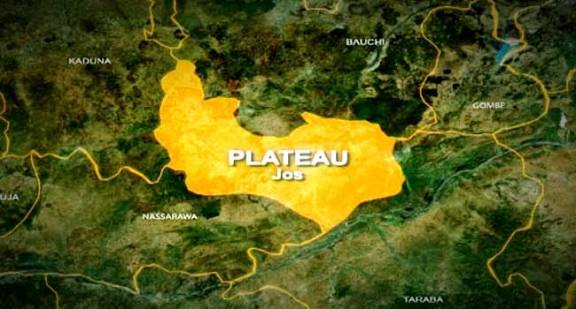In a significant move to address mounting concerns about China’s non-market practices, Washington and the European Union are set to announce their commitment to joint action and coordinated export controls.
The draft statement, providing a glimpse into the upcoming EU-U.S. Trade and Technology Council meeting, reveals a strategic alliance aimed at tackling economic coercion and safeguarding sensitive technologies.
Key figures including U.S. Secretary of State, Antony Blinken, and European Commission Vice-President, Margrethe Vestager, will convene in Lulea, Sweden, on May 30-31 for the fourth edition of the TTC.
The draft statement, obtained by Reuters, highlights the shared objectives of addressing non-market practices and curbing outbound investment supporting strategic rivals.
The statement emphasizes the need for regular talks to counter China’s influence and protect vital technologies.
Export controls on goods with military applications, including semiconductors, will be a key area of coordination.
While the document mentions China sparingly, it underscores the EU’s intention to recalibrate its China policy and align more closely with a robust U.S. stance.
The draft statement also draws attention to the medical devices sector in China, acknowledging the need for concrete actions to address the threat posed by non-market policies and practices.
Additionally, the EU and the U.S. pledged to collaborate in countering foreign manipulation of information, specifically mentioning China’s amplification of Russian disinformation narratives regarding the situation in Ukraine.
Both sides have expressed their commitment to work alongside the Group of Seven (G7) in countering acts of economic coercion.
The recent trade restrictions imposed by China on EU member Lithuania serve as a prime example of the challenges that necessitate a united front.
As the final statement may undergo revisions before the meeting, the joint action and strategic collaboration between Washington and the EU signal a shared determination to tackle the multifaceted concerns posed by China’s non-market practices and safeguard global interests.











